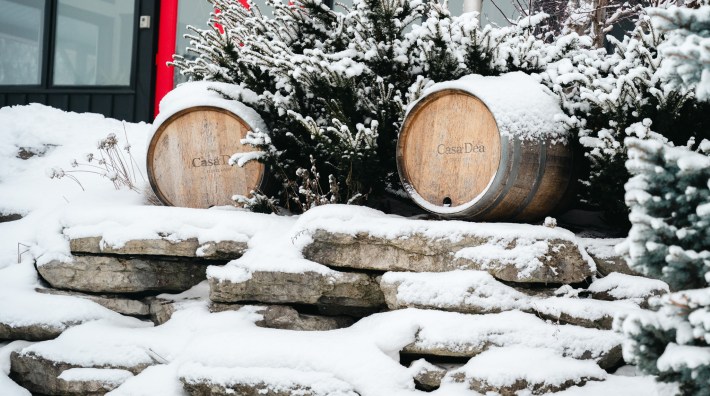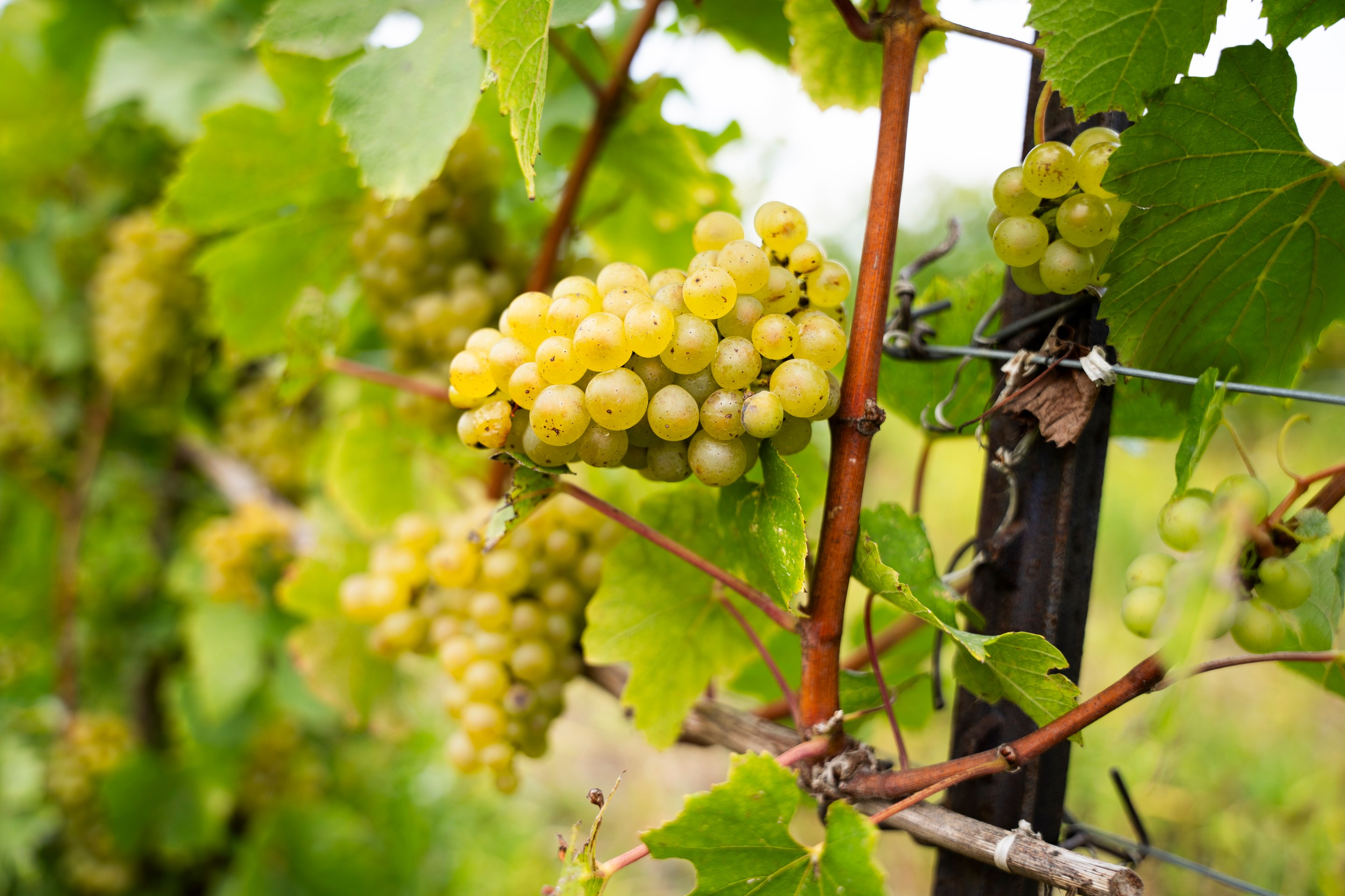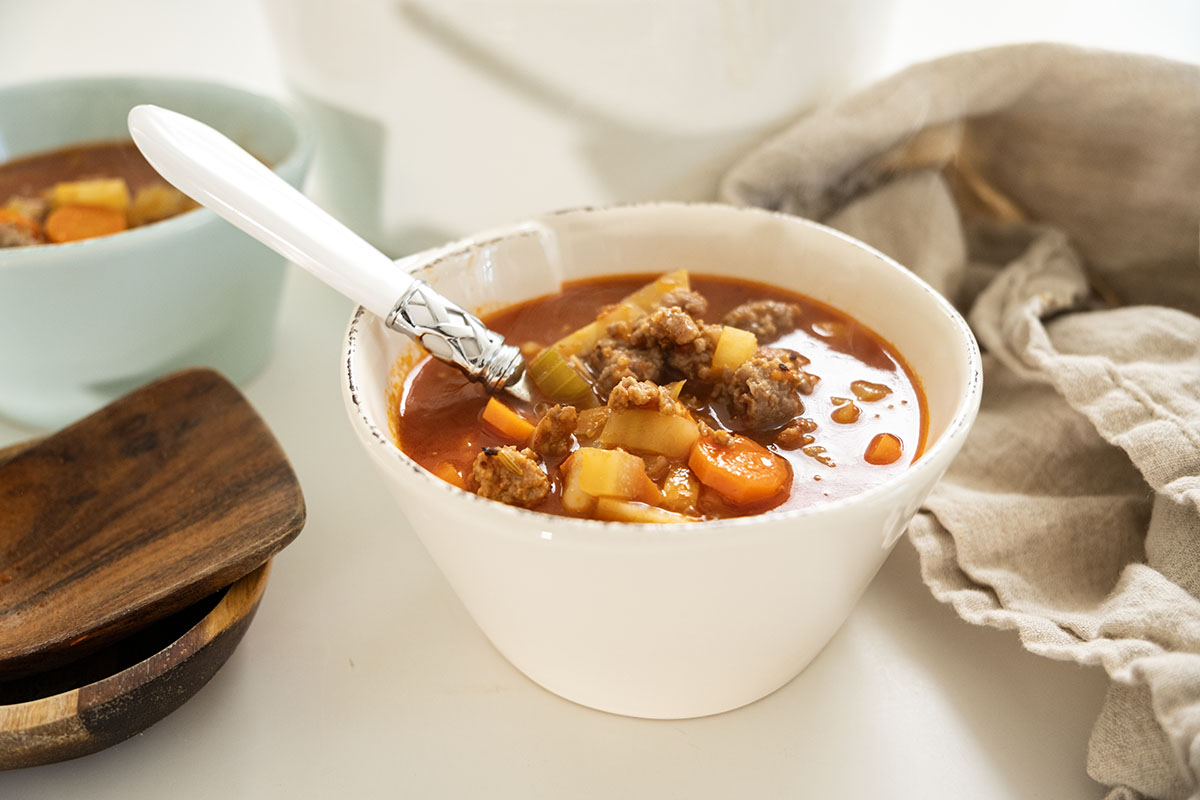Located east of Toronto is a fast-emerging wine region known as Prince Edward County. A peninsula on Lake Ontario's northern shore, its clay and limestone rich soil provides optimal conditions for growing a range of grape varieties.
Among the area's many wineries is Casa-Dea Estates Winery, founded in 2000 by Abruzzo native Domenic Di Pietrantonio. Today it boasts over 65 acres of planted vines and is currently the only winery in Canada that produces Pecorino (not the cheese, but a crisp, aromatic white indigenous to central Italy). While producing this rare varietal alone merits praise, the story behind the wine's Canadian origins is worth telling.

A Story of Patience and Perseverance
Nearly a decade ago, Di Pietrantonio returned to his home region of Abruzzo. During this visit, he found ancient vines of the Pecorino grape. Upon this discovery, he was determined to bring the vines back to Canada and grow them in the Casa-Dea vineyards. In compliance with Canadian customs legislations, he was able to reunite with the vines after a quarantine period of three years. At this point, Di Pietrantonio had the go-ahead to plant them on his land in Prince Edward County.
It's not common to hear of Pecorino grapes being cultivated outside of Italy, let alone in Canada. Fortunately, Prince Edward County shares a similar terroir to that of Abruzzo and Le Marche (where this varietal flourishes). It features warm summers, cool lake breezes and a mineral-rich soil. But its winters are much colder and harsher than those in Europe. Luckily, the folks at Casa-Dea have found a way to combat the elements and ensure the survival of their crops.

Each winter, they bury the vines of this varietal and all their grapes: protecting them from the cold, snow, and ice. When April rolls around, the dirt is removed, and they begin preparing for another season of growing. And while this a challenging technique, it’s undoubtedly an imperative one.
Casa-Dea currently has its 2021 Pecorino available for purchase in-person and on its website. It's important to highlight that this version doesn't carry the VQA certification, but subsequent ones (which I had the pleasure of tasting before their official release) will. For those unfamiliar with VQA, it stands for Vintners Quality Alliance and is similar to the DOC certification used in Europe. In essence, it guarantees that a wine is made from 100 percent Ontario-grown grapes. Because the 2021 version was released prior to the inclusion of Pecorino grapes on the approved varietals list, it doesn’t bear the certification but is by no means lacking in taste and quality.

A Review of Casa-Dea’s 2021 Pecorino
This Pecorino from Casa-Dea is an elegant and complex choice, with floral and fruity notes of apricot, peach, and lemon zest. Crisp and clean on the palate, its high sugar content is balanced by vibrant acidity that enhances its personality and versatility. Perfect on its own or as an aperitivo, it wonderfully complements strong cheeses, cured meats, and bold pasta dishes like cacio e pepe and carbonara. It truly shines with white meats like rabbit and fresh seafood. I also found it to pair surprisingly well with sweets like pandoro, as its acidity adds a refreshing contrast.
Final Thoughts
If you plan on travelling to Canada during the summer months, be sure to make Prince Edward County a stop on your itinerary. It’s the perfect stopover destination for those driving between Toronto and Montréal (or Ottawa). The area is home to a number of wineries and Casa-Dea definitely deserves a visit. Not only can you enjoy a delicious lunch and scenic atmosphere, but you can also pick up their Pecorino, along with their other varieties like Riesling, Pinot Noir, Rose, and more. Regardless of what you like to drink, Casa-Dea Estates Winery offers elegant and sophisticated options for all.






